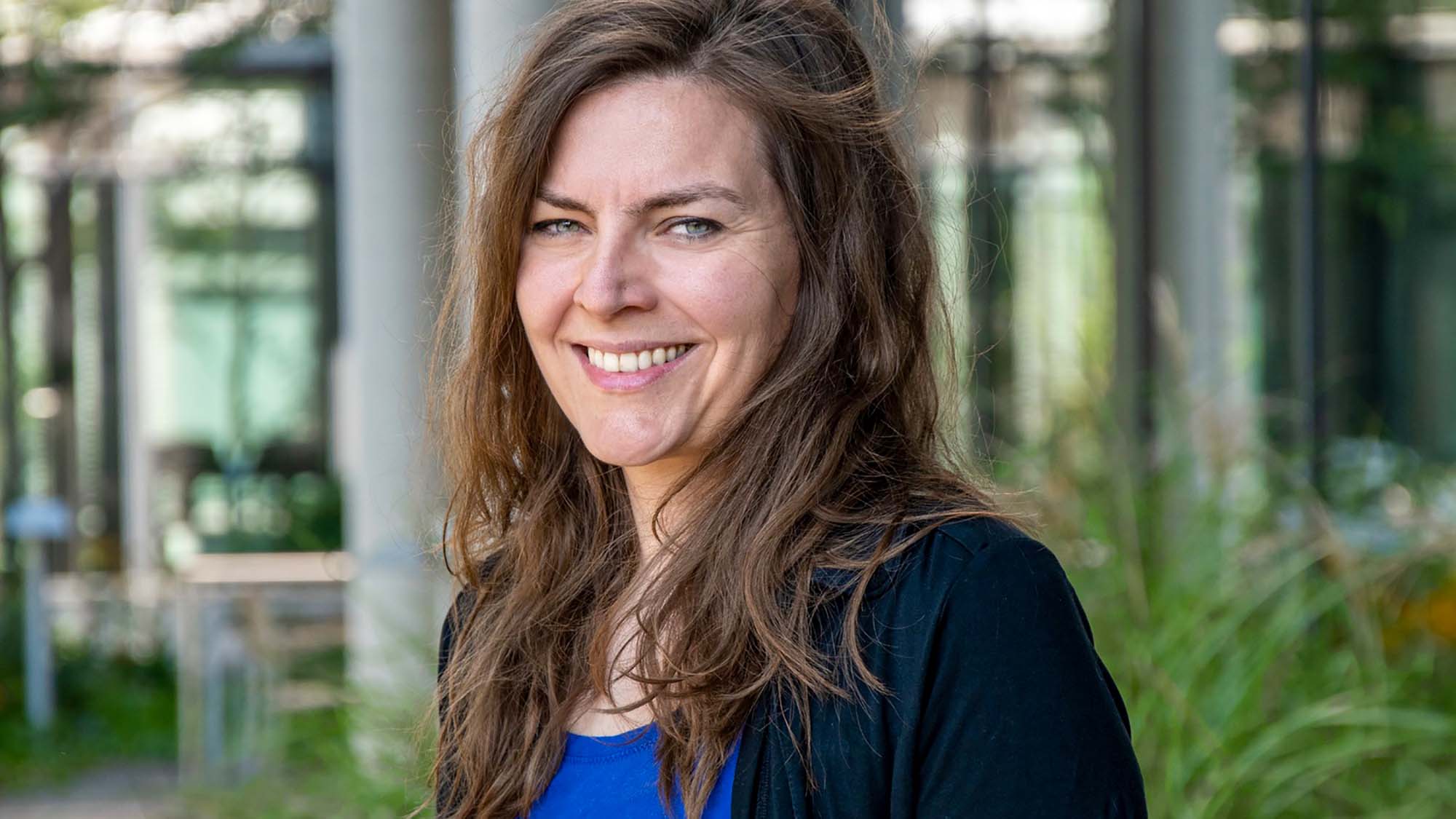Overweight middle-aged people have a higher risk of suffering from dementia at an advanced age, a German study shows.
PD Dr Veronica Witte, 41, is a biologist at Leipzig University. She heads the university’s special Mechanisms of Adiposity research group, in which medical experts from different departments are working on new obesity prevention and therapy concepts. The Leipzig University researchers are cooperating with the Munich-based Max Planck Society.
Dr Witte said: “We have clear evidence that obese people in their middle ages have a significantly higher risk of not just suffering a stroke when they are older but also dementia.”
She added: “The constant availability of high-calorie foodstuff with few beneficial nutrients, such as frozen pizza and chocolate bars, as well as sugary lemonades, often lead to a gain in weight. Our lifestyle, which often consists of spending the day in a seated position, makes things worse. All of these factors raise the risk of becoming obese. Additionally, these developments cause secondary diseases like high blood pressure and type-2 diabetes.”
Speaking about her team’s latest research, the research group leader explained: “An examination of 1,800 residents of Leipzig has shown us that there are more cases of white-matter irregularities in the brains of those with a broader waistline. Such neuronal procedures occur more often in elderly people’s brains.”
Dr Witte added that an increased level of interleukins in obese patients’ blood signals a higher risk of inflammation procedures in the human body. Interleukins are a type of cytokine that play a vital role in the activation and differentiation of immune cells, as well as their proliferation, maturation, migration and adhesion.
Dr Witte and her team are focusing on reasons for obesity and efficient prevention programmes against it. They are now trying to find out more on the background of degenerative processes in the human brain.
The Leipzig University researchers are currently investigating the effects of high-dose prebiotics. The scientists’ aim is to determine the role of inulin, a fibre found in a wide variety of fruit, vegetables and herbs, including bananas, onions and artichokes.
Inulin is not digested or absorbed in the stomach. It stays in the bowel and helps certain beneficial bacteria to grow. The experts’ aim is to diagnose its function in detail and find out whether its consumption can help to ‘play a trick on the brain’ by sending satiety signals.
Dr Witte explained: “We are trying to strengthen the structure and functions of the brain but also try to stimulate it towards making sustainable decisions as far as nutrition preferences are concerned.”
The researcher warned: “Increasing obesity figures pose an immense challenge to our ageing society.”
To find out more about the author, editor or agency that supplied this story – please click below.
Story By: Thomas Hochwarter, Sub-Editor: William McGee, Agency: Newsflash
The Ananova page is created by and dedicated to professional, independent freelance journalists. It is a place for us to showcase our work. When our news is sold to our media partners, we will include the link here.




